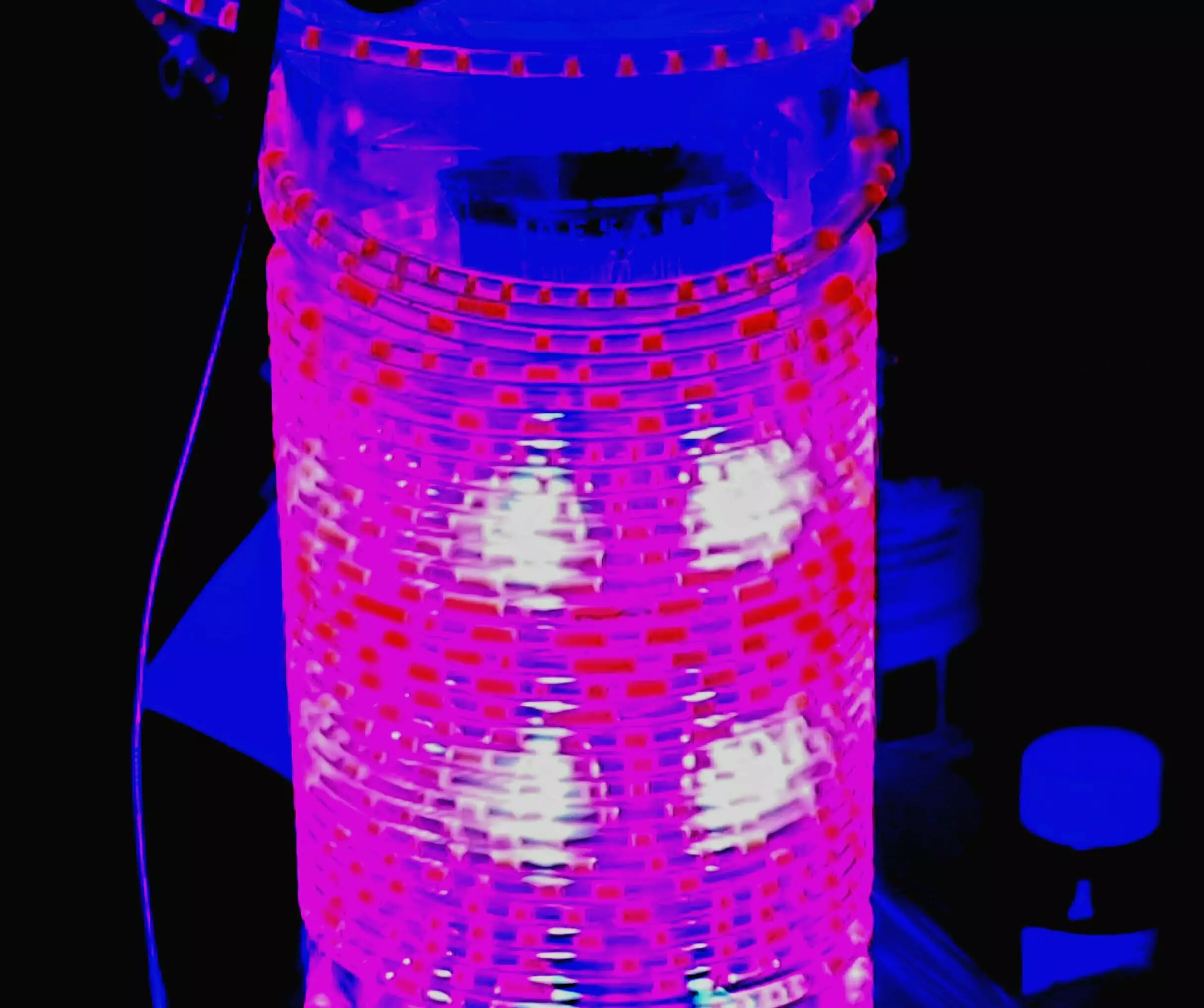Chemical synthesis plays a crucial role in the development of various products such as medicines, crop protection substances, and high-performance materials. Traditionally, this process involves the use of organic solvents, metal catalysts, and reagents that contribute to waste and environmental pollution. However, a team of researchers from the University of Regensburg led by Prof. Dr. Burkhard König has introduced a revolutionary method for synthesizing complex molecules that eliminates the need for traditional chemical additives.
The innovative approach involves applying the molecules to be reacted onto a water surface, forming a thin film. By exposing the molecules to violet light, a reaction is triggered that effectively links the reaction partners. This unique methodology takes advantage of the film formation of water-insoluble organic molecules on the water surface, creating optimal conditions for activation by light. The versatility of this technology was demonstrated through more than 160 examples, including the synthesis of drug precursors.
One of the primary advantages of this new method is its sustainability and eco-friendliness. By conducting the reaction on a water surface, the need for organic solvents and other additives is eliminated, resulting in a more efficient and environmentally friendly production process. The results of this groundbreaking research have been published in Science, highlighting the potential impact of this innovative approach on the field of chemical synthesis.
The project, which has been in progress for approximately two years, has made significant strides in developing and validating this novel synthesis technique. The transfer of the reaction to a flow reactor represents a major breakthrough, enabling continuous synthesis and the production of larger quantities of the desired product. Through spectroscopic measurements, researchers have gained valuable insights into the molecular mechanism of the reaction, further enhancing its application in various chemical processes.
In the future, this cutting-edge synthesis technology will be further explored and applied to a diverse range of reactions, aiming to expand its application in the production of chemical products. By embracing sustainable practices and innovative approaches, the field of chemical synthesis is poised to undergo a transformative shift towards a more efficient and environmentally conscious future.



Leave a Reply